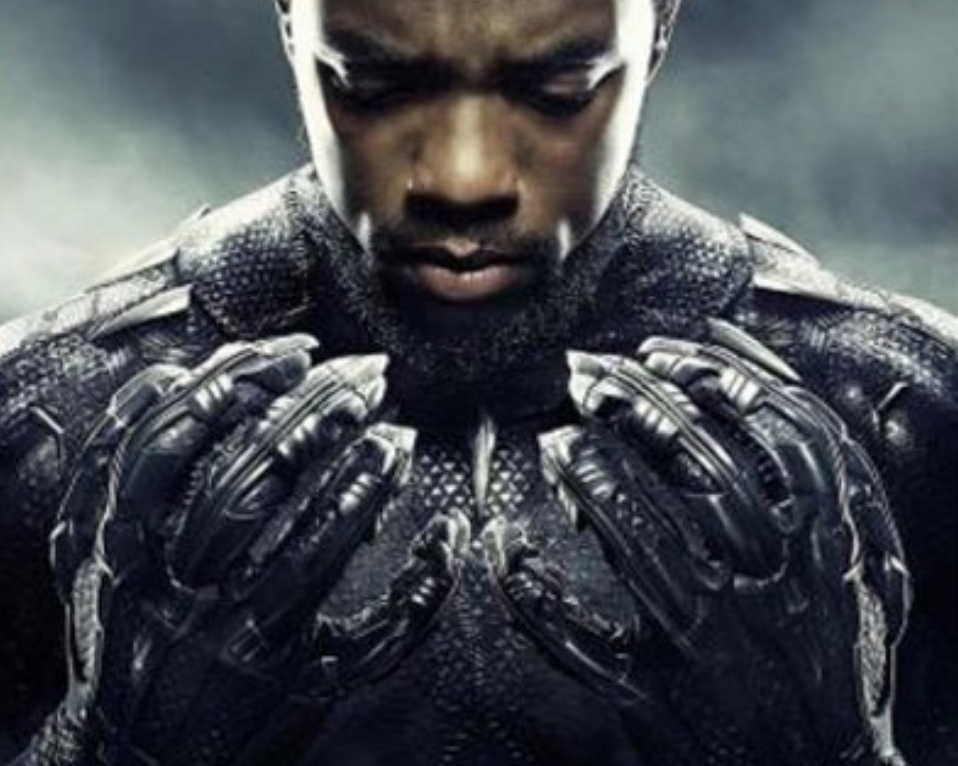For pastors in America's Protestant pulpits, Election Day 2020 is starting to look a lot like 2016.
Most evangelicals whose priorities mesh -- for the most part -- with the Republican Party are ready to vote for Donald Trump, according to a LifeWay Research survey. Protestant clergy who do not self-identify as evangelicals plan to vote for Democrat Joe Biden.
The difference in 2020 is that fewer pastors are struggling to make a decision. A survey at the same point in the 2016 race found that 40% of Protestant pastors remained undecided, while 32% packed Trump and 19% supported Hillary Clinton.
This time, only 22% remain undecided, with 53% saying that they plan to vote for Trump, while 21% support Biden.
"There's still a lot of 'undecided' pastors," said Scott McConnell, executive director of LifeWay. "Quite a few pastors -- for a variety of reasons -- want to put themselves in the 'undecided' bucket. …
"Last time around, Donald Trump was such an unknown factor and many pastors really didn't know what to do with him. This time, it appears that more people know what Trump is about and they have made their peace with that, one way or another. The president is who he is, and people have made up their minds."
Looming in the background is a basic fact about modern American politics. In the end, the overwhelming majority of pastors who say they are Democrats plan to vote for Biden (85%) and the Republicans plan to back Trump (81%).
Some pastors have a logical reason to linger in the "undecided" category -- their doctrinal convictions don't mesh well with the doctrines of the major political parties.
The Rev. Tim Keller, an influential evangelical writer who founded Redeemer Presbyterian Church in New York City, recently stirred up online debates with a New York Times essay called, "How Do Christians Fit Into the Two-Party System? They Don't."
In recent decades, he noted, Democrats and Republicans have embraced an approach to politics in which party leaders assume that working with them on one crucial issue requires agreement with the rest of their party platforms.










